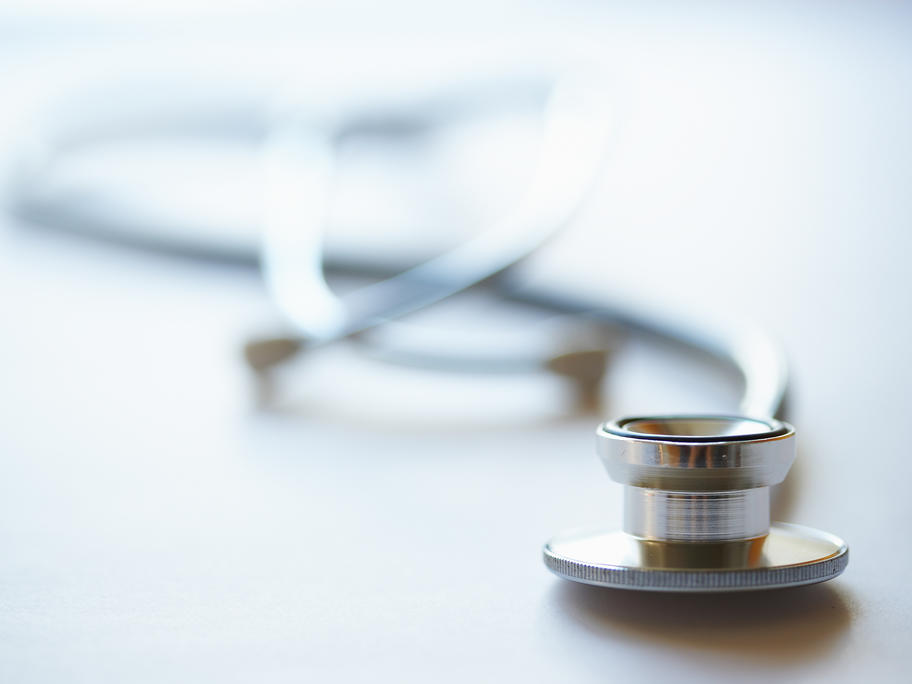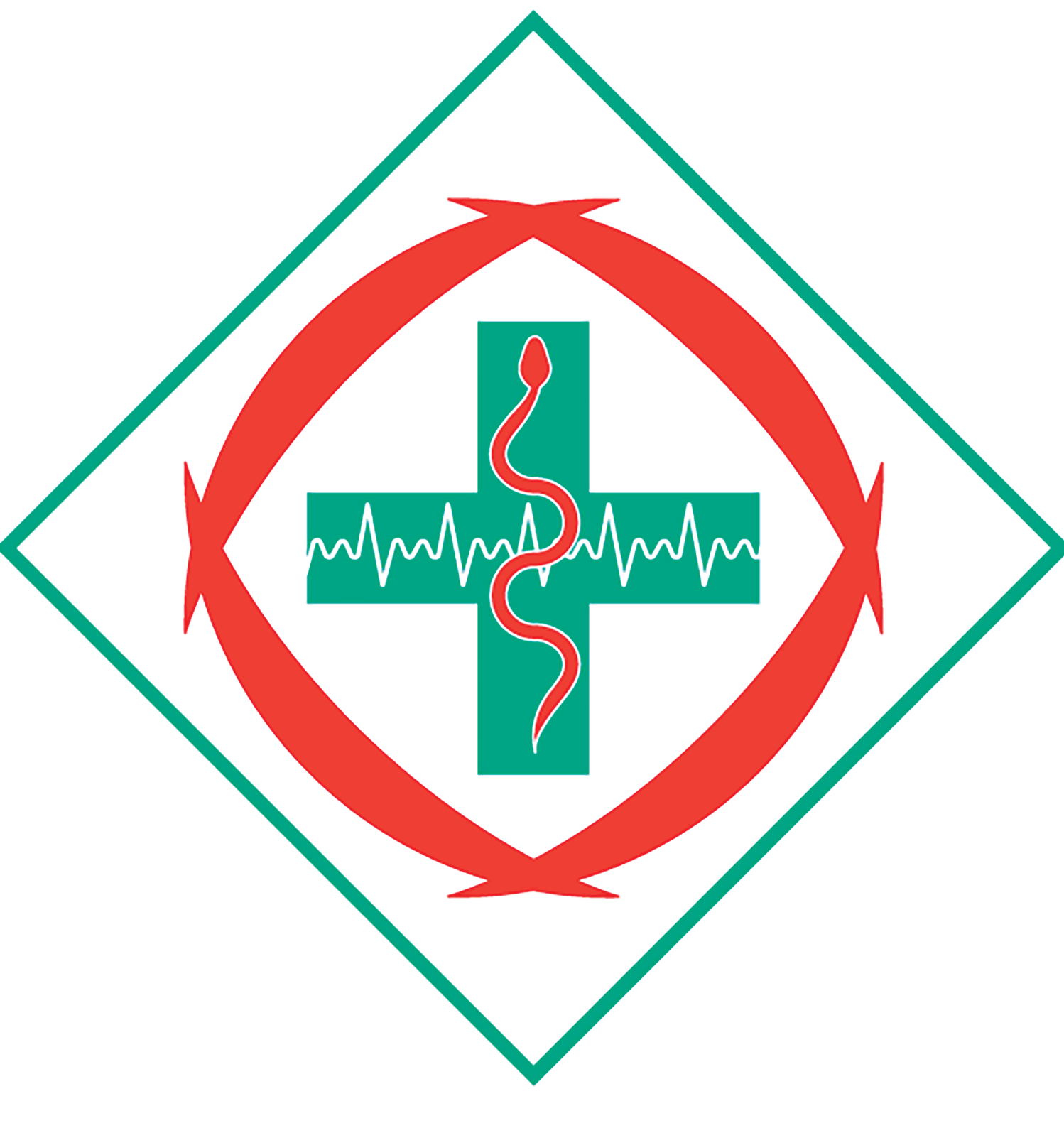MEDICINES Australia (MA) is the peak pharmaceutical industry representative in Australia. Its members are said to contribute $18 billion to the economy and export $4.2 billion per annum.
The general impression somehow generated by our mass media is that some of the MA member companies sometimes act in unscrupulous ways by providing to doctors, for instance, $2 pens or $10 sandwiches to influence them to behave in unethical ways.
Admittedly there is some research evidence that indeed some doctors may feel indebted in big or small ways towards these companies when they receive these inducements.
Perhaps it is for this reason that MA has repeatedly attempted to self-regulate its members’ activities and their relationships with doctors.
It seems to me that MA is particularly sensitive to ‘public opinion’ — but fretting about this is likely to be based on certain fallacies that need correction for the sake of a fairer debate.
The fact is that attending a dinner meeting involves the initial ‘registration and signing your name’ ritual, at least two hours for the actual scientific component, during which the dinner is served, and sometimes a cask of quality wine. With associated travelling time to and from the venue, this would take at least four hours. With an average fee of $250 per hour, given that MA member-sponsored meetings occur after hours (penalty rates!), the (opportunity) cost to an average doctor is, conservatively, likely to be a four-digit figure.
The same calculation applies to the pharmaceutical reps’ ‘ambushes’ during working hours. A six-minute briefing would set an average GP back at least equal to a standard AMA consult fee of $79. The interaction between doctors and pharmaceutical representatives is therefore probably more complex than doctors accepting
a $2 pen in return for the equivalent of a standard consult or a $50 dinner for a meeting taking up four hours.
Other dynamics are in play here which may just be the opposite of the public impression — a potential research project for an aspiring academic.
Many GPs regard attending such meetings as an opportunity (sometimes the only one) to actually meet colleagues and occasionally put a face to a voice after 20—30 years of collegiality while updating their sometimes rusty knowledge of new developments.
It does not matter who sponsors the meeting, and the question of feeling indebted to the sponsor does not even cross their minds.
I have suggested previously that providing educational material in the form of vouchers for textbooks and so on should be an accepted norm rather than a charity.
But there are some questions that need answering before MA embarks on another public relations campaign showing it intends to further reduce the scope of sponsorship of meetings that take four hours of a doctor’s time.
The AMA is expected to have a say here. Maybe it can draw up a ‘schedule of fees payable by reps for visiting doctors and sponsoring of meetings’.



